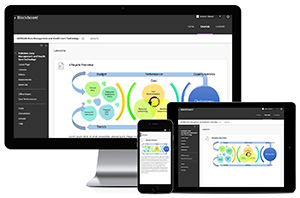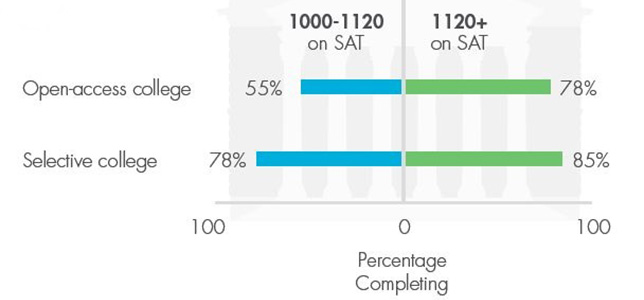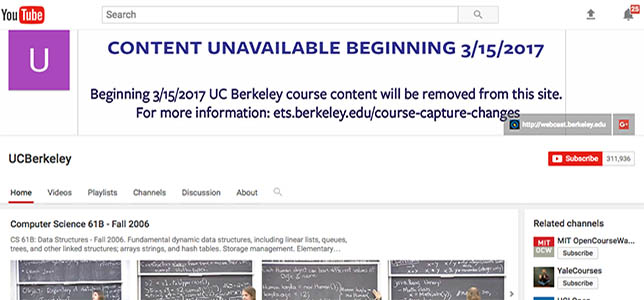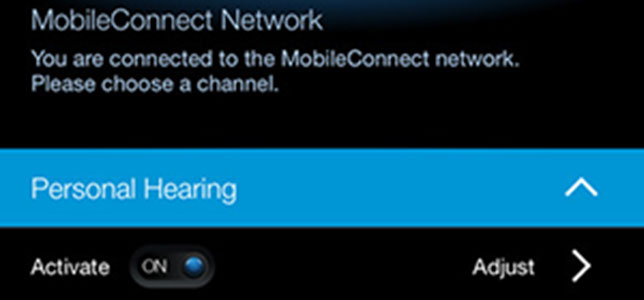
Despite the prevalence of children with learning and attention disabilities such as ADHD and dyslexia, the National Center for Learning Disabilities found that only a small subset are formally identified with disabilities in schools, leaving many of these students without necessary support to help them succeed in school.

Blackboard today rolled out a variety of updates to Blackboard Learn, the company's flagship learning management system.

Should elite schools — even the private ones — be required to enroll a minimum number of Pell Grant recipients? That's the question posed in a new report from the Georgetown University Center on Education and the Workforce.

Michigan State has developed rubrics and procedures to help its information technology procurement officers evaluate products' accessibility more effectively.

The House of Representatives voted Tuesday to block online privacy regulations issued during the final months of the Obama administration, a first step toward allowing internet providers such as Comcast, AT&T and Verizon to sell the browsing habits of their customers.

The IRS and the Department of Education (ED) confirmed late Thursday that the federal government intentionally shut off an online tool used by millions of students each year to apply for federal student aid.

The University of California, Berkeley last week informed its campus community that it would restrict access to its legacy Course Capture (classroom lecture) content from webcast.berkeley.edu, which includes more than 20,000 videos and audio files located on YouTube and iTunesU, as part of its ongoing effort to improve the accessibility of its online content.

Despite all the headlines and conference coverage of virtual reality (VR) for education over the last year, the technology is still gaining speed — residing at that sweet spot in the hype cycle where, when you place headsets on people and gently guide them to turn around to gain a full view, they tend to gasp and say, "Oh, wow."

The number of public high school students taking at least one AP exam has doubled over the last decade, from 645,000 in 2006 to 1.1 million in 2016. The pass rate (those high school students who have scored 3 or higher) has also gone up, from 14 percent in 2006 to almost 22 percent in 2016.

The product works over existing wireless infrastructure and allows the user a choice of smart device and headphones to listen to audio via a free app.